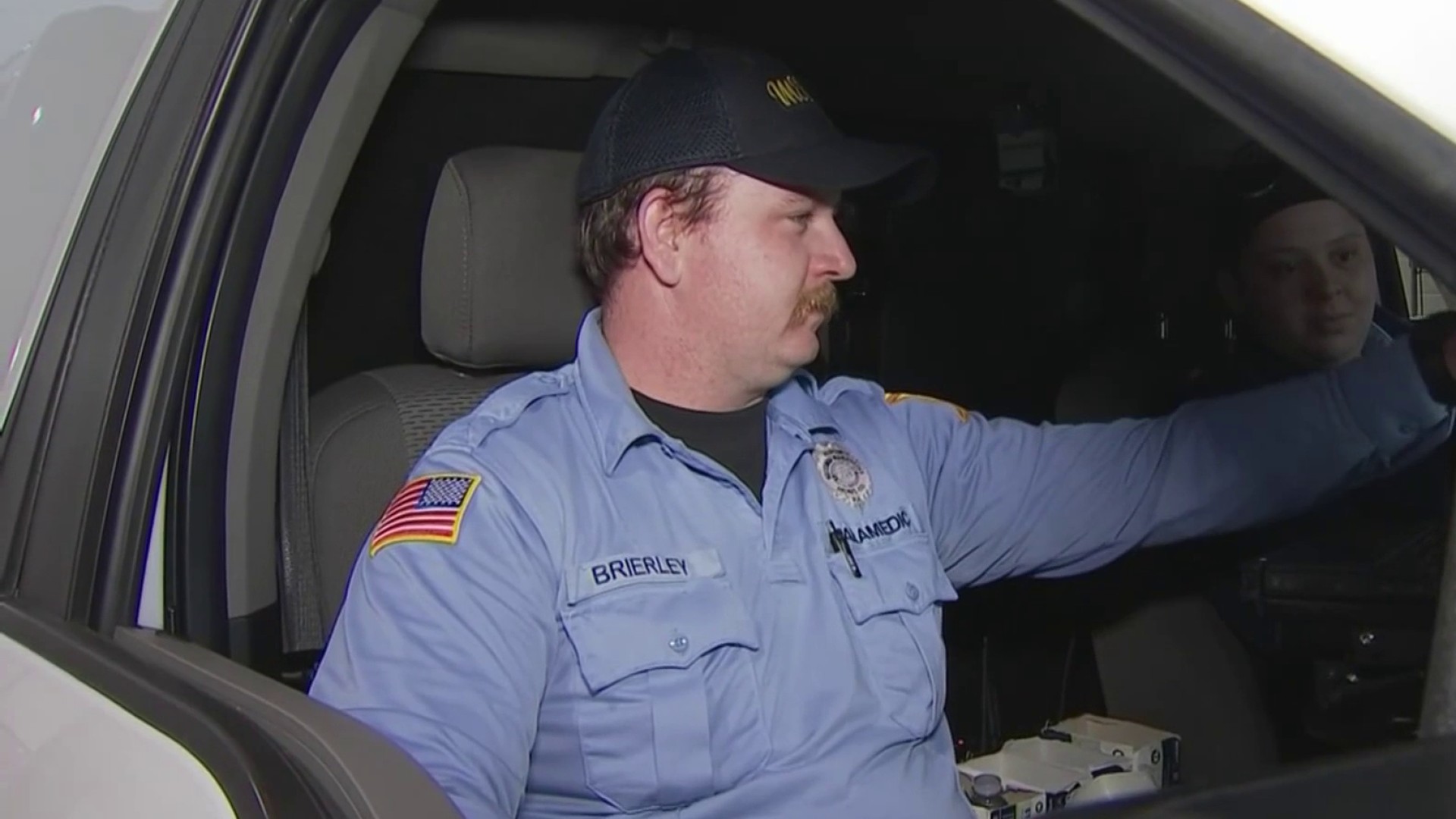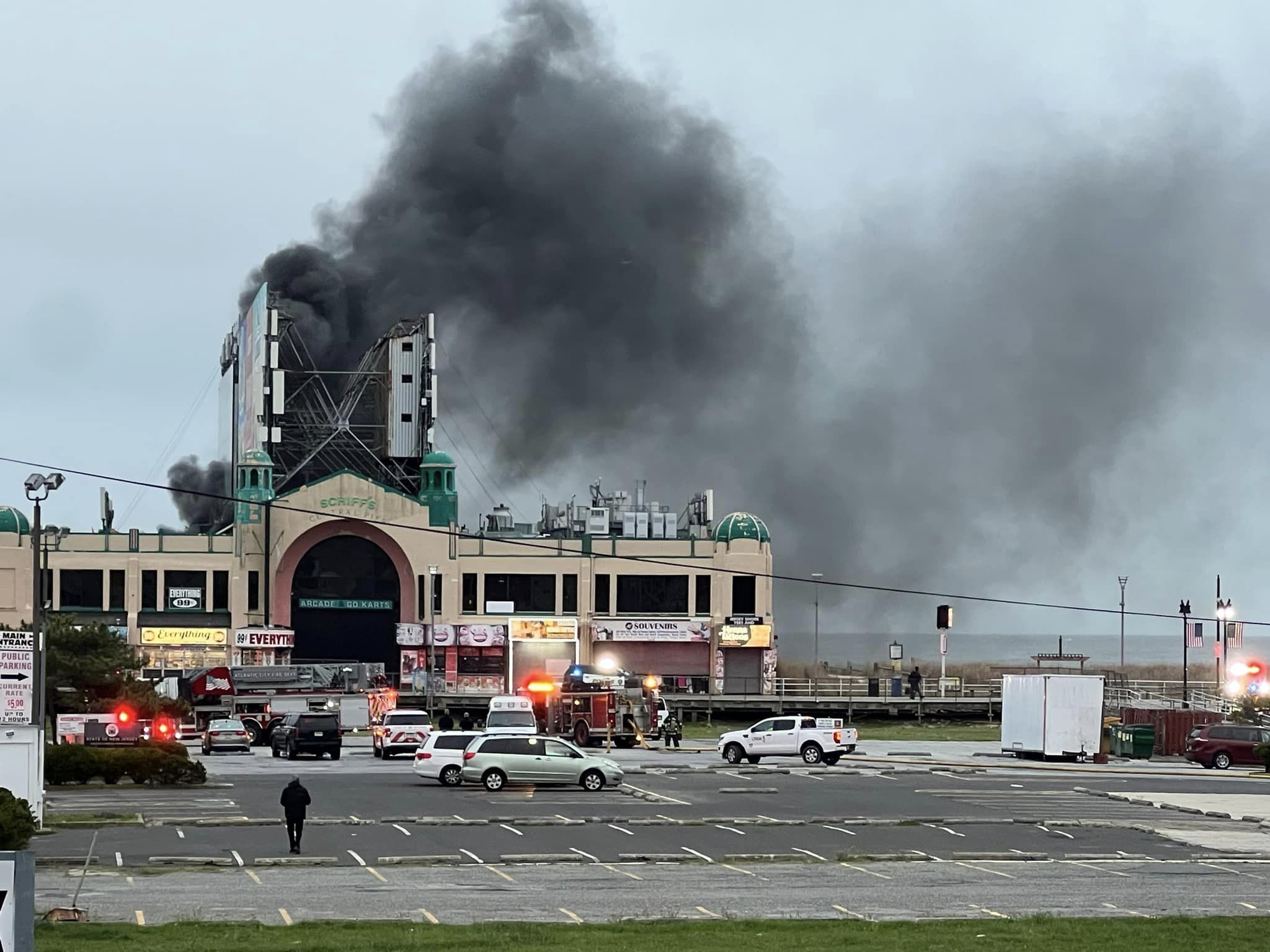For many young people, going to college begins a series of milestones.
They are on their own for the first time, surrounded by a diverse group of young people and embracing many new opportunities.
But a disturbing number of women will leave college as the victims of sexual assault, carrying scars that will last far beyond their years on campus.
Carla Abodalo, a sociology professor at Albright College, said society must stop brushing aside sexual assault as another aspect of college.
"It's time we outgrow that concept that there's a certain latitude in society, that boys will be boys or just chalk it up to the college experience," she said.
President Barack Obama addressed the prevalence of sexual assault incidents on college campuses last week when the White House released its report on rape and sexual assault.
The report states that 1 in 5 college women is a victim of sexual assault.
The president formed a task force to work at helping institutions increase prevention, response and reporting of sexual assault.
"We need to create and sustain an environment where these victims feel comfortable coming forward, without backlash from college officials, peers or law enforcement," Abodalo said.
Grace Hill, director of Kutztown University's Women's Center, said college is a prime setting for sexual abuse because students are testing their wings as adults and are searching for new relationships.
Yet discussions about the dangers of sexual assault either don't happen or are mentioned only during orientation.
"It has to be ongoing and consistent, but it's something no one wants to talk about," Hill said.
Women are especially vulnerable to sexual assault on campus. The college culture, often fueled by peer pressure, drinking and lower inhibitions, "makes for a good cocktail of events," Abodalo said.
Dr. Joseph J. Cicala, vice president for university life and dean of students at Alvernia University, said the general stereotypes of college life are only making things worse for students.
"They come ready and eager to go through what they think are the rites of passage into this phase of young adulthood," he said. "Some of the misconceptions they have is that you must drink and drink to excess, you must try all these new things and you must score with as many people as you can."
College officials stressed the danger of blaming the victim for the assault, instead of offering them the help they need. Berks County's five college campuses have reported a handful of sexual assaults in the past few years. But the White House report showed that only 12 percent of college sexual assaults are reported to law enforcement.
Abodalo said that often victims don't report the abuse because they are scared about how others will treat them when they find out.
Keeping that secret often leads to complications, such as depression, anxiety and eating disorders, that victims could face their entire lives.
"They may repress it, move on and get married and live lives, but it still haunts them," Abodalo said.
Advocates say the key is education; teaching young men and women how to respect one another. Above all, young people need to understand sexual assault is a crime with lasting consequences, Hill said.
"It is a monumental life trauma," she said. "It's not just something that happens and goes away."
Reaching out to students
Berks' colleges employ different strategies to address sexual assault.
Abodalo teaches a course at Albright that focuses on the issue and also offers her office as a safe haven for any student who wants to talk. The college also offers a defense class.
The Women's Center at Kutztown is an on-campus resource for students dealing with sexual abuse. Hill said the center holds several events, such as Take Back the Night and the Clothesline Project, to teach the community about the issue. The center also trains students to become advocates as part of the Healing Environment Advocate Response Team. These students are available to help their peers through a 24-hour hotline.
Cicala said Alvernia ties together education about sexual violence with teaching about abuse of alcohol and drugs. In his years of teaching at various higher education institutions, Cicala said he's dealt with his share of college sexual assaults.
"I have never encountered one that did not involve the abuse of alcohol and drugs by one or both of the parties involved," he said.
Alvernia also emphasizes helping students understand consent, and communicating about the issue with students and parents in plain language.
Officials at Reading Area Community College said they don't have the same types of issues as schools with residence halls, but they still emphasize education and training regarding sexual assault.
Patricia Helfenstein, the Title IX officer at RACC, said a big part of addressing the issue is improving transparency.
"We don't want any barriers," she said. "We want people to be able to come forward."
The required Title IX training for all faculty, staff and work-study students focuses on learning terminology and knowing how to report incidents.
Jim Surgeoner, RACC's director of security, said the college encourages students to get a security escort to and from vehicles. He also stressed the importance of alerting campus security to protection-from-abuse orders.
"You need to report everything and the PFAs are the best way to keep you safe from someone who's abusing you," he said.
Surgeoner, a former officer with the Spring Township Police Department, said victims are afraid to report an attack because they fear they will worsen the situation.
"You can't make it worse," he said. "You're making it worse by not reporting."
Officials from Penn State Berks did not respond to inquiries, but the 2013 annual security and fire safety report on its website details the college's commitment to addressing sexual assault and its procedures for responding to reports.
Local
Breaking news and the stories that matter to your neighborhood.
The college also has an Office of Women Students to help victims receive the services they need and the college offers several prevention education programs, including a defense class in collaboration with university police.
Addressing misconceptions
Berks Women in Crisis, a nonprofit that offers support for victims of sexual assault and domestic violence, works closely with all five Berks County colleges on prevention and response to sexual assault incidents.
"All of them have been very understanding and receptive to the idea of how to make their campuses safer and to recognize that assaults on college campuses are perpetrated by students," Director Mary Kay Bernosky said.
She said the biggest misconception that needs to be addressed with sexual assault is the blaming of the victim that occurs.
"The more intoxicated the woman is, the more she's blamed, yet the more intoxicated the male is, the more he's excused," she said.
BWIC Associate Director Christine Gilfillan added that if society continues to doubt the victim and not take reports seriously, others are discouraged from reporting sexual assault.
She said the biggest gap in education and prevention is in talking with young men, particularly about the meaning of consent and what constitutes as sexual assault.
Gilfillan emphasized that most young men are not perpetrators, but they also often don't do anything to stop a sexual assault if they see it happening.
"The theory is that men will listen to other men," Gilfillan said. "A lot of young men are uncomfortable speaking out because they just assume everyone else is cool with it, when really the majority is not."



